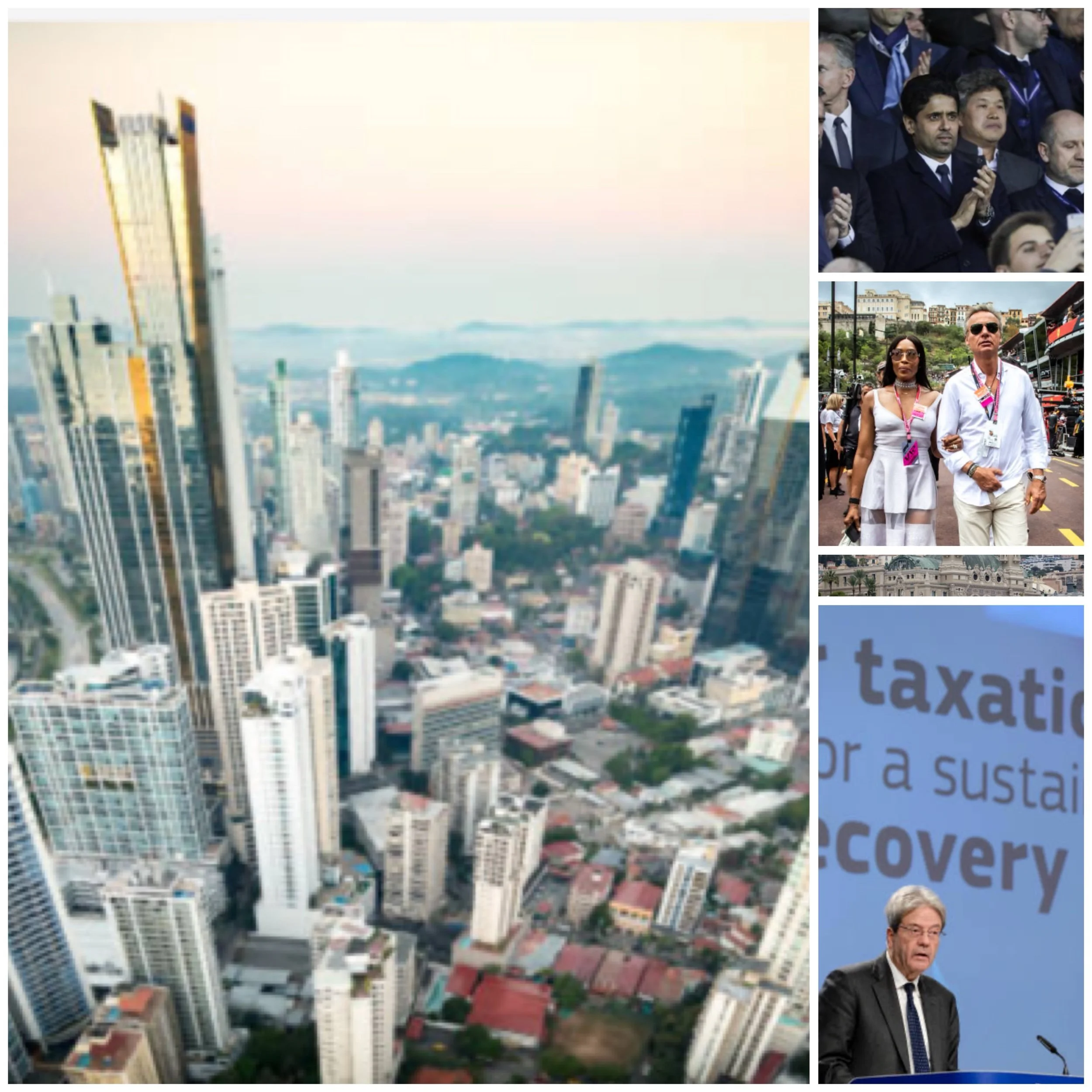Where Should One Be Personally Tax Resident Today?
Introduction
In today’s volatile and unsettled world, individuals are increasingly reassessing their tax residency, particularly in Eastern European countries, and even in the United States, where dissatisfaction with politics and arms control has driven similar changes. This trend raises a number of questions, which are explored in the following discussion.
Tax Attractiveness and Practicality
As countries like the UK and France continue to increase personal taxation, others are actively courting new residents with favorable tax policies designed to attract fiscal migrants. Italy, Greece, Malta, and Portugal are prime examples of this strategy, offering tax incentives that appeal to newcomers.
However, beyond the allure of tax advantages, it is critical to evaluate whether the lifestyle in these countries aligns with personal preferences, as well as to consider factors like education and overall happiness. Becoming a tax resident requires meeting specific criteria to avoid anti-avoidance legislation in one’s home country, and it is essential to ensure protection under international tax treaties where applicable.
Notably, the UAE has revised its corporate taxation laws while maintaining tax breaks for individuals. This raises questions about the comparative benefits for businesses operating in the UAE versus other jurisdictions such as Ireland, Cyprus, or Malta. For global options, territorial tax systems in parts of Asia and Central America, as well as countries with low or zero personal tax regimes, also warrant consideration.
The Question of Location
Is Monaco a better option than Dubai? For Europeans, Monaco offers the advantage of proximity and integration within Europe, while Dubai provides logistical convenience for Asian residents. Recent changes to UK legislation have added urgency to the decision-making process for high-net-worth individuals, as the country has become less appealing due to the abolition of non-domiciled status and increased trust taxation.
Countries like France, with initiatives such as the patent box regime, have become magnets for technological investment, fostering economic growth and employment. Switzerland remains a strong contender for residency due to its tax treaties, as does Luxembourg and Singapore, both of which require meticulous planning to optimize personal tax benefits and avoid errors in structuring residency.
However, lifestyle remains a critical factor. Some who relocate to Dubai find that the environment does not meet their expectations and move again after a period.
The Political Implications
Extreme political ideologies, whether left - or right- wing, often aim to increase taxation on the wealthy. However, history repeatedly shows that such measures fail to raise more revenue and, instead, reduce economic activity. As Winston Churchill famously noted, high taxation can lead to unemployment, lower social security contributions, and increased public spending — a vicious cycle that harms poor communities the most.
Unfortunately, governments are often led by individuals with little commercial expertise — idealists, journalists, and lawyers — who rely on civil servants for policy advice. This lack of entrepreneurial and economic acumen frequently results in misguided policies that exacerbate economic challenges.
While industrial investment remains a key driver of economic growth, this article focuses solely on personal taxation rather than corporate investments.
Conclusion
It is no surprise that individuals are migrating from high-tax jurisdictions to lower-tax alternatives in response to rising tax burdens. This trend is cyclical, resurfacing like a recurring storm. However, it is crucial to assess the fiscal stability of a chosen country, as tax laws can change unexpectedly. Seeking professional advice from experts with multi-jurisdictional knowledge is essential; relying on advisors promoting only one country can lead to costly mistakes.
Ultimately, the key question remains: Where should one be personally tax resident today? Equally important is understanding how long such a choice will remain favorable and what contingencies are in place for the future. Timing is critical when making this significant decision.
And finally, ask yourself: Does this apply to you? This depends on your income, family ties, professional obligations, and nationality. Remember, while tax advantages are important, they are not everything — happiness cannot be bought.






